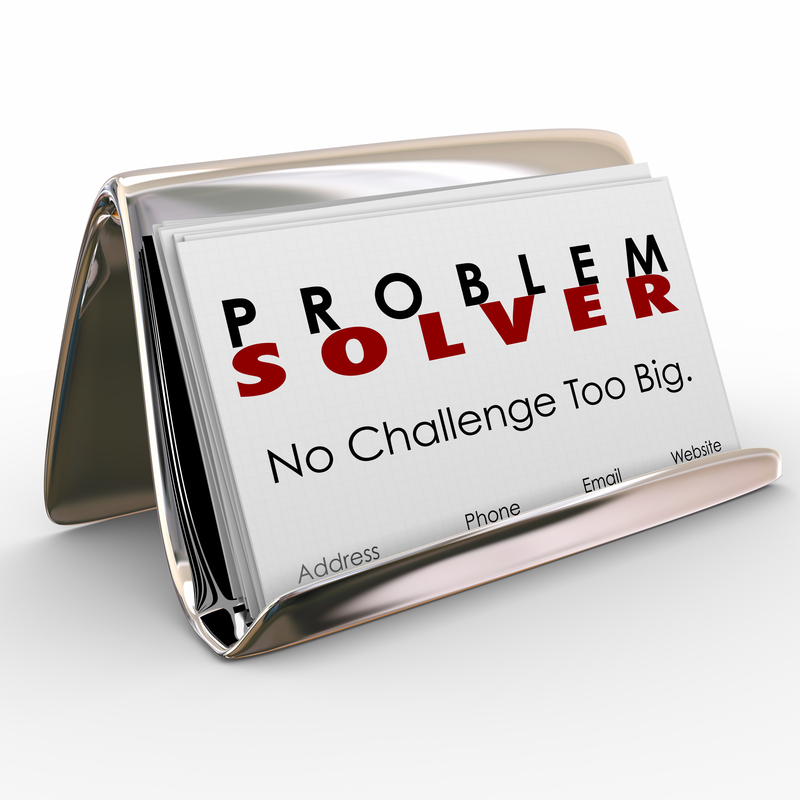
ID 480247 © Kts | Dreamstime.com
It’s the end of the year and here I am, at the end-point of my blog series A-Z of Interim. If you’ve managed to stay awake through all my previous posts, good for you!
If not, pull up a comfortable pillow and … zzz.
This post is about sleep. Not getting enough can seriously impact your performance and yet many of us stumble through busy working lives without sufficient nightly rest.
If workplace wellbeing is the new black, then sleep is the new self-care. Much as I would like to follow Arnold Schwarzenegger’s advice to ‘sleep faster’, I am definitely one of those people who need at least eight hours of shut-eye. In fact, one of the reasons I love travelling for work is that – after a long day with clients – I get to go back to my hotel and curl up early. Not exactly glamorous, I know! But essential.
Why should this matter to an interim?
Well, research demonstrates that not getting the requisite number of hours per night lowers your immunity to infection, affects your mood and impacts your concentration. Sleep deprivation raises your blood pressure and blood sugar levels, causes inflammation in your body and increases the chance of an early death. Not really conducive to being a badass interim, is it?
Still not convinced? Sleep also promotes the formation of neural pathways which help us to process new information. Sleeping less than five hours per night compromises decision making processes and creativity. Not to mention, making you short-tempered and prone to mood swings. A recipe for over-whelm and under-par client-side.
Personally, I like to be firing on all cylinders when on assignment. So, I try to prioritise sleep with the same diligence I handle client commitments. I have a sleep tracker at home. I take melatonin to avoid jet lag when travelling across time zones. I ensure that when working away my digs are within brisk walking distance of my client – fresh air helps clear the mind, and also promotes sleep. Of course, I don’t always succeed, but my rule is to aim for about 70-80% compliance. It evens out over time.
Now, where did I put my pillow…

 ID 73096510 © Promesaartstudio | Dreamstime.com
ID 73096510 © Promesaartstudio | Dreamstime.com





